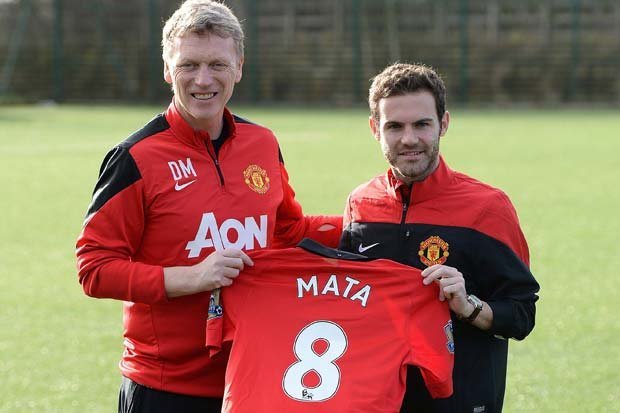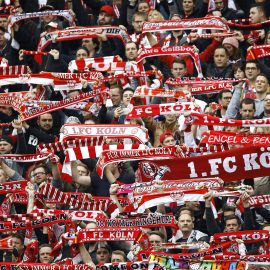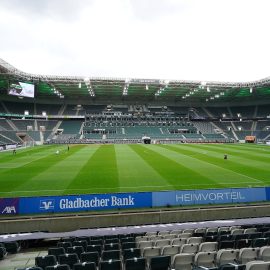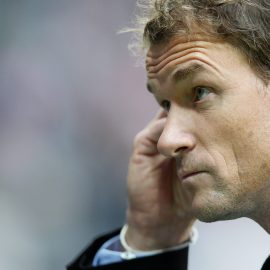Chelsea have done some fantastic business in this summer’s transfer window, earning a net profit even after purchasing Diego Costa, Cesc Fabregas and Filipe Luis for large amounts of money.
Costa, Fabregas and Luis cost £32 million, £27 million and £15.8 respectively, thereby taking the total spending spree to £74.8 million thus far. On the other side, David Luiz left for PSG for a whopping £50 million before Demba Ba was offloaded to Turkish club Besiktas for £4.7 million. Two days earlier, Romelu Lukaku was sold to Everton for £28 million.
Chelsea’s profit? A healthy £7.9 million.
With UEFA’s Financial Fair Play (FFP) rules set to become more and more stringent with every passing season, Chelsea’s transfer activity over the past couple of seasons has followed a similar trend. January sales included Juan Mata to Manchester United for £37 million and Kevin De Bruyne to Wolfsburg for £18 million.
The following are the profits Chelsea made on their sales in the last 6 months:
1) Juan Mata – £14 million
2) Kevin De Bruyne – £11 million
3) David Luiz – £25 million
4) Romelu Lukaku – £18 million
Interestingly enough, none of these players were integral components of the first XI when sold. Chelsea have, therefore, picked out those individuals from their squad who have undoubted quality but do not fit into their system and craftily sold them for hefty profits. In the cases of Lukaku and De Bruyne, they were even more wily. After buying them at cheap prices, Chelsea loaned these promising youngsters out to other clubs where their reputations was enhanced even further. When they returned, several clubs were willing to buy them for elevated amounts.
There are indications though, that such steps are needed. Since Roman Abramovic took over as owner in 2003, the club has posted a net profit in only ONE season, when they made showed a measly surplus of £1.4 million at the end of the 2011-12 campaign.
At the end of last season, Chelsea posted a loss of £49.4 million. Even though under FFP, UEFA’s limit is €45 million, the Blues were spared because the governing body excludes investments on training facilities and youth players in their calculations. The limit is set to come down to €30 million from 2015 and will drop even further in subsequent seasons, according to UEFA.
Abramovic has splashed the cash season after season since his arrival at the club, and has transformed Chelsea from a club consistently on the cusp of Champions League football to one of Europe’s biggest teams. In the process though, the finances at the club took a fair beating, as posted a loss of £140 million in 2005. The situation has improved vastly since, but it has to be alleviated even further to prevent any danger of a warning from UEFA.
Chelsea’s business plan over the last couple of seasons have been highly encouraging. And with the hoard of talented young players they have at their disposal, it won’t be the last time we’re seeing a Lukaku-like story unfolding at the club.
Selling some big-name players who aren’t being played regularly is also important, as Chelsea’s wage bill is a gargantuan £176.5 million, roughly 69% of their turnover.
UEFA is set to enforce FFP regulations strongly in the coming seasons and, and has threatened to deny participation to teams on the grounds of non-compliance. If their current trend of smart business continues though, Chelsea will be far from being one of them.
Add Sportslens to your Google News Feed!








